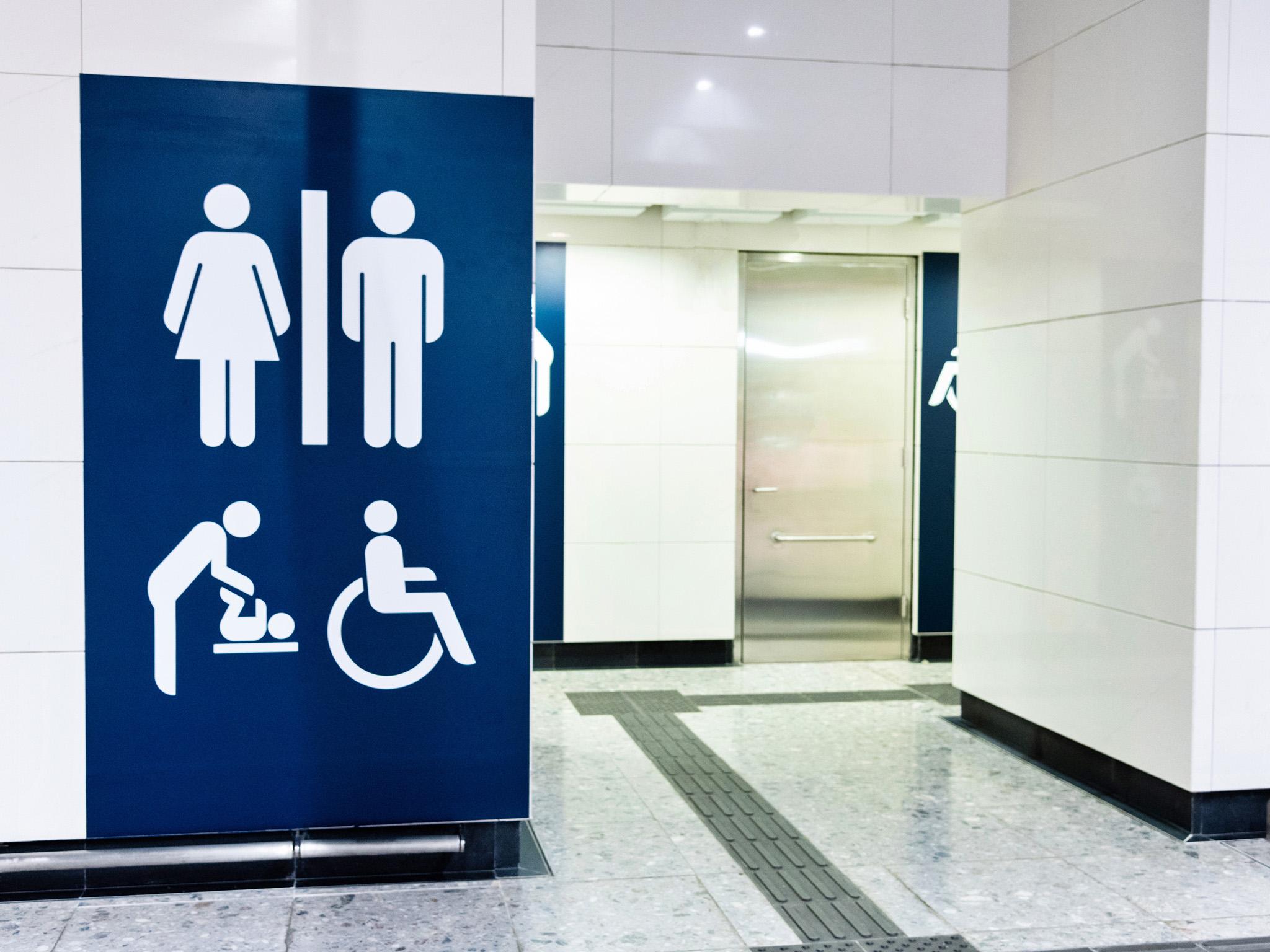Disabled people forced to be 'changed on dirty floors' as most supermarkets don't have accessible toilets
Lack of facilities discouraging disabled people from going out in public

Your support helps us to tell the story
From reproductive rights to climate change to Big Tech, The Independent is on the ground when the story is developing. Whether it's investigating the financials of Elon Musk's pro-Trump PAC or producing our latest documentary, 'The A Word', which shines a light on the American women fighting for reproductive rights, we know how important it is to parse out the facts from the messaging.
At such a critical moment in US history, we need reporters on the ground. Your donation allows us to keep sending journalists to speak to both sides of the story.
The Independent is trusted by Americans across the entire political spectrum. And unlike many other quality news outlets, we choose not to lock Americans out of our reporting and analysis with paywalls. We believe quality journalism should be available to everyone, paid for by those who can afford it.
Your support makes all the difference.Most supermarket chains do not provide fully accessible toilets needed by a quarter of a million people in the UK, research suggests.
A new survey of the major supermarket chains, including Sainsbury's, Tesco, Waitrose and Asda, found that six in 10 do not have a fully accessible toilet with all the equipment people need.
These toilets are used by those with disabilities including muscular dystrophy, cerebral palsy, motor neurone disease, multiple sclerosis, stroke, the elderly and people with severe and multiple learning disabilities.
A scheme, called Changing Places, co-chaired by the charity Muscular Dystrophy UK, registers toilets that are fully accessible.
These Changing Places toilets have a toilet that sticks out like a “peninsular” at least a metre away from the walls on either side, plus a height-adjustable changing bench, an overhead track or mobile hoist, a privacy screen and enough space for up to two carers to help.
Without enough facilities, disabled people may not go out or have to be changed on dirty toilet floors, the charity said.
Its research shows that Waitrose, M&S, Aldi, Lidl, Iceland and Co-op do not have a single registered Changing Places facility.
Tesco, which partnered with Muscular Dystrophy UK earlier this year to roll out facilities at stores where there is the greatest need, has 48 registered facilities and more due to be installed later this year and in 2020.
Asda has registered seven facilities, Sainsbury's three and Morrisons one, the charity said.
Clare Lucas, head of policy and campaigns at Muscular Dystrophy UK, said: “Everyone should have the option of enjoying a bit of Christmas shopping or popping to their local supermarket to buy those festive essentials.
“But because there aren't enough Changing Places, a quarter of a million people who need these toilets won't be able to.”
There are currently 80 registered Changing Places toilets in supermarkets and other shops across the UK.
The nearest Changing Places toilet to London's Oxford Street is at Great Ormond Street Hospital, nearly two miles away.
Meanwhile, 40% of the top 50 ranked shopping centres in the UK do not have a registered Changing Places toilet, according to the research.
Ms Lucas added: “We need retailers to commit to installing these much-needed Changing Places to help tackle the exclusion disabled people face, not just at Christmas but all year round.”
Jo Elgarf's five-year-old daughter Nora has a rare brain condition called polymicrogyria and needs Changing Places toilets.
Ms Elgarf, from Worcester Park, London, has two other children, Nora's twin, Layla, and Youssef, seven.
She said: “Changing Places toilets mean we can enjoy a day out as a family.
“Changing Places toilets in supermarkets and other large public venues should be the norm.
“They allow families to do things that other people may take for granted.
“For us, it means we're able to make the 400-mile round trip to Cornwall to visit Nora's grandmother, because there is now a Changing Places toilet in a Tesco store on the way.”
The research comes as the charity for disabled children, Newlife, said more than 300,000 disabled children in the UK are still affected by potentially unlawful restrictions on provision of disability equipment.
For example, the charity found that 50% of local councils have blanket bans on specialist car seats for disabled children, while others have blanket bans on walking frames, specialised buggies, arm supports and high-sided safety beds.
Press Association
Join our commenting forum
Join thought-provoking conversations, follow other Independent readers and see their replies
Comments